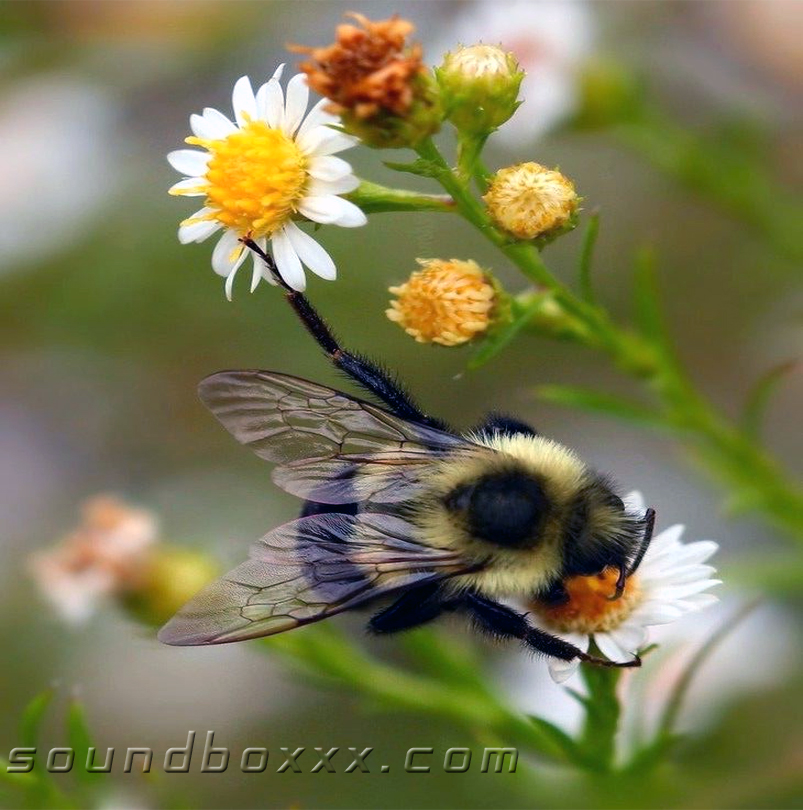Bee pollen is a mixture of the pollen picked up by bees as they fly from one flower to another. Bee pollen is a popular folk remedy for many conditions, including premenstrual syndrome (PMS) and enlarged prostate. Some people use it as an energy tonic. The many other uses of bee pollen -- from increasing strength to slowing aging are alleged.
Bee pollen is considered so beneficial that the German Federal Board of Health recognizes it as medicine. Advocates are quick to tout the benefits of this so-called superfood, saying it can:
- relieve inflammation
- work as an antioxidant
- boost liver health
- strengthen the immune system
- work as a dietary supplement
- ease symptoms of menopause
-reduce stress
- speed up healing
- Appetite stimulation
- Premature aging
- Hay fever
- Mouth sores
- Joint pain
- Painful urination
- Prostate conditions
- Nosebleeds
- Menstrual problems
- Constipation
- Diarrhea
- Colitis
- Weight loss
- Other conditions
evidence found that bee pollen might reduce some side effects of radiation therapy for cancer.
You can add it to foods like yogurt, oatmeal, or smoothies. It can be ground down as a supplement powder or into a capsule.
Side Effects & Safety
Bee pollen is POSSIBLY SAFE for most people when taken by mouth for up to 30 days. There is also some evidence that taking two tablets twice daily of a specific combination product that contains 6 mg of royal jelly, 36 mg of bee pollen extract, bee pollen, and 120 mg of pistil extract per tablet for up to 2 months may be safe.
The biggest safety concerns are allergic reactions. Bee pollen can cause serious allergic reactions in people who are allergic to pollen.
Pollen allergy: Taking bee pollen supplements can cause serious allergic reactions in people who are allergic to pollen. Symptoms can include itching, swelling, shortness of breath, light-headedness, and severe whole-body reactions (anaphylaxis).
Dosing
The appropriate dose of bee pollen depends on several factors such as the user's age, health, and several other conditions. At this time there is not enough scientific information to determine an appropriate range of doses for bee pollen. Keep in mind that natural products are not always necessarily safe and dosages can be important. Be sure to follow relevant directions on product labels and consult your pharmacist or physician or other healthcare professional before using. ...read more
